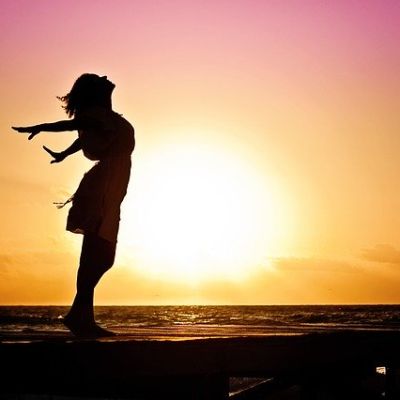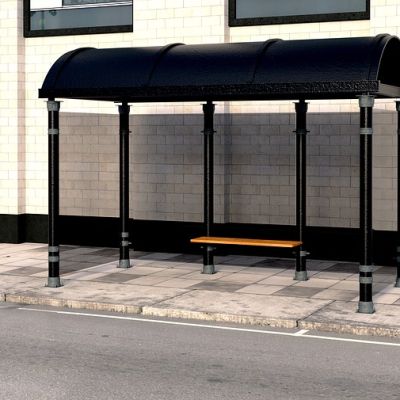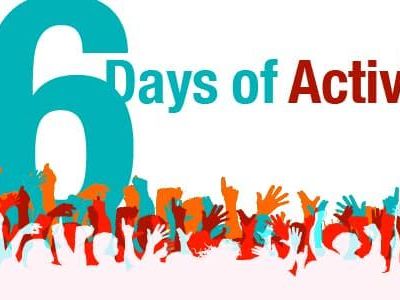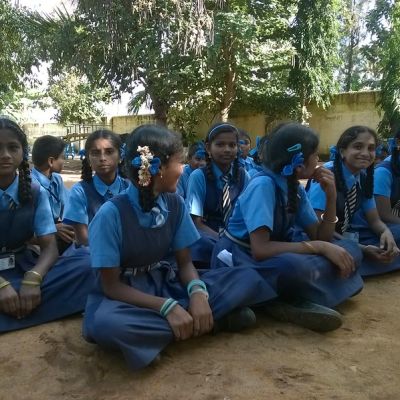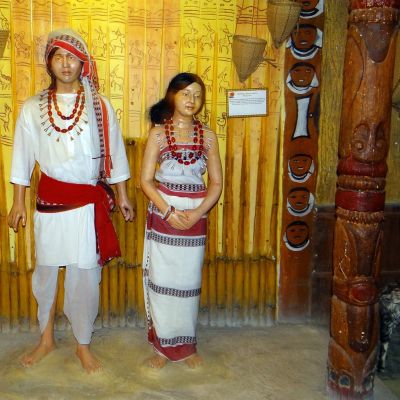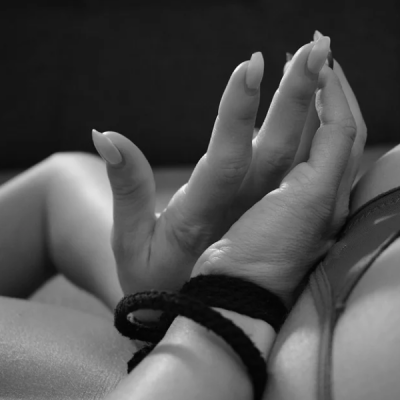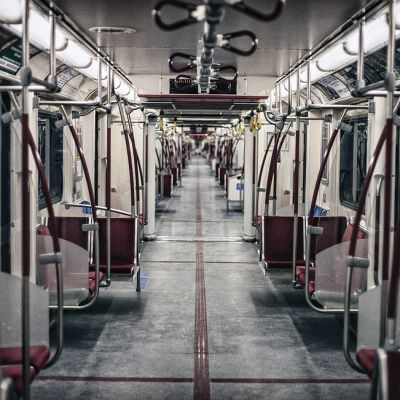Voices
For I was a woman / Taught to chain herself gracefully / In an invisible cage.
I extend my support and solidarity to people, across the spectrum of gender and sexuality, who want to break closed doors and walls to establish safe spaces where one can love freely, without inhibitions; people who seek to re-define love and intimacy in their own independent, non-patriarchal terms.
As renowned queer scholar Judith Butler said, “For those who are still looking to become possible, possibility is a necessity.” This is essential but also easier said than done.
However elusive the combination of safety and adventure, it’s a framework I find terribly useful. It helps me understand much of life, including spirituality and sexuality, and what the two might have in common.
Many among us are called names, are greeted with aggressive taunts and jeers on the very streets we boldly occupy at least once every year,so we go on living docilely until the next Pride, when performative reclamation of spaces becomes possible.
Queer cafés are not exempt from the fast changing landscape of Indian metropolitan areas and offer both inclusion as well as exclusion from the promise of a queer utopia.
How we treat each other in our daily lives informs our feminist praxis. How we fail each other in our daily lives through the use of unkind language, dismissal of mental illnesses, making fun of one’s own choices, disrespecting personal boundaries (and so on), also counter our feminist praxis.
Parents and significant adults in the lives of the Neelams of the world have been programmed to see age-appropriate sexual behaviour through the very narrow lens of “problems and disorders”. Their engagement of professionals like myself is mostly restricted to seeking to curb in the Neelams what is natural and joyous.
Every year we participate in an international campaign known as “The 16 Days Campaign” which runs from 25 November (International Day for the Elimination of Violence against Women) to 10 December (Human Rights Day). It is an organising strategy by individuals and organisations around the world to call for the prevention and elimination of violence against women and girls.
As development professionals, our tasks involve reflecting on the norms that service providers, colleagues and field staff engaging with communities hold on to so strongly. How can programmes create safe spaces to match up to service providers’ professional and personal beliefs so that they can challenge those norms in their own families and be non-judgmental?
Sexual rights include the right to express one’s sexuality freely, without discrimination on the grounds of sexual orientation, and to have access to provisions in the legal framework that are all-inclusive and offer protection whenever the need arises.
In some of the country’s most conflicted regions, activism on issues of sexuality (if it’s aligned to human rights) is both a risky affair and one of secondary importance in the midst of larger socio-political and historical issues. The topic of human rights tends to center on gun violence, AFSPA, statehood and insurgency.
Though I come from a very conservative family, being open about female masturbation and watching porn didn’t seem to bother me. Yes, people have oohed and aahed at me for being so. I am still the same, proudly.
As a young woman, I feel powerless to do much more than get disturbed by this issue, write about it and talk about it with as many people as I can, with the hope that more of us will get disturbed by it and become more accepting of diverse expressions of gender and sexuality.

